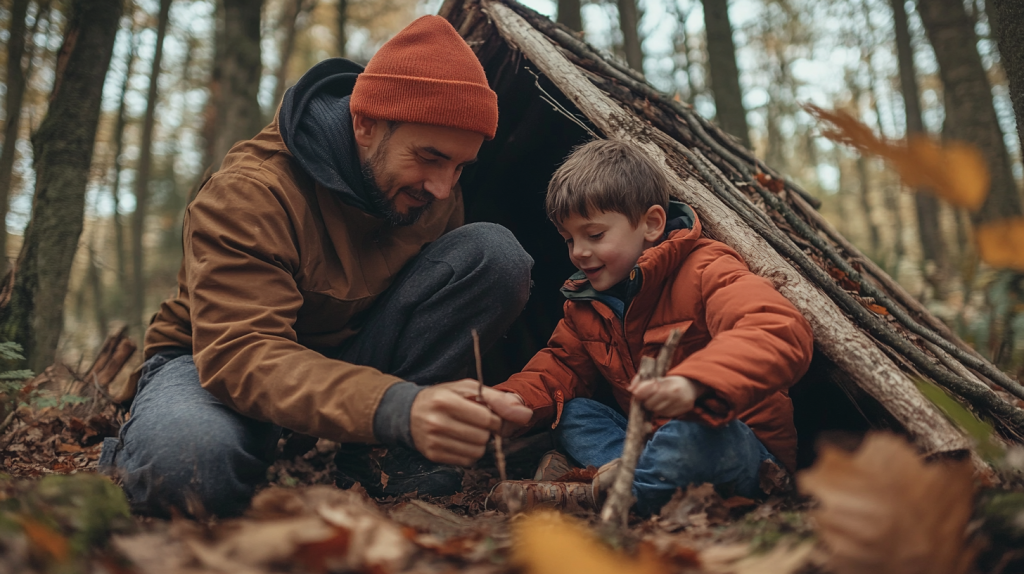As my favorite TV mum, Katie Otto likes to say, we’re trying to raise “high-quality, non-sucky human beings”. And self-sufficiency is a big part of that. We want our little ones and not-so-little-anymore ones to be strong, kind, empowered, compassionate, and capable.
By equipping them with practical skills, we’re preparing them for a future where they can confidently navigate whatever life throws at them. Self-sufficiency skills boost their independence and foster a sense of accomplishment and self-worth. These abilities range from basic life skills to more advanced techniques that can serve them well into adulthood.
Grow a Garden
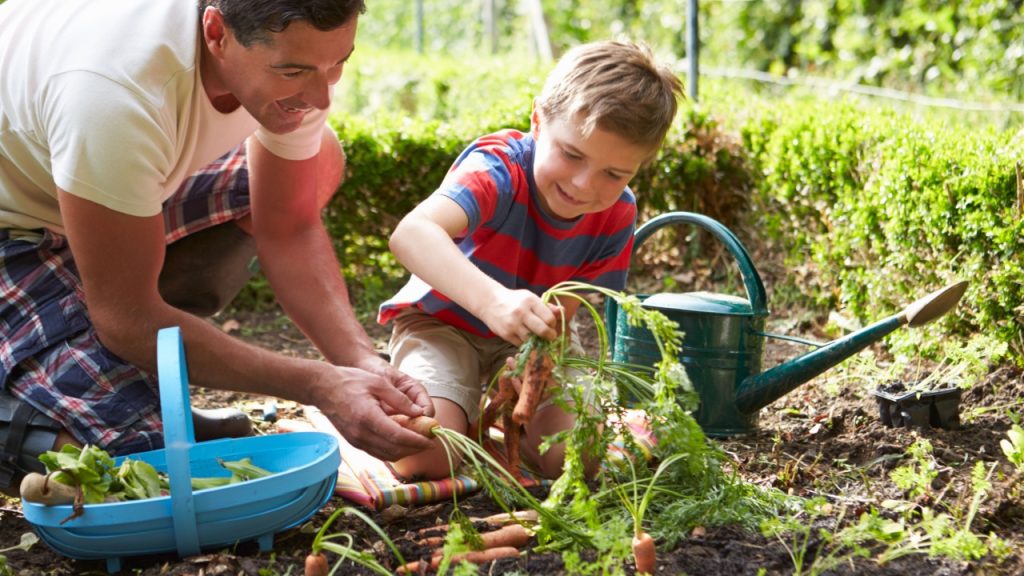
Teaching your kids to grow their own food connects them to nature and promotes self-reliance. Start with easy-to-grow vegetables like tomatoes or lettuce. Show them how to prepare the soil, plant seeds, and care for their plants. This hands-on experience provides fresh produce and instills patience and responsibility. As they watch their plants grow, they’ll gain a deeper appreciation for where food comes from and the effort involved in producing it.
Cook From Scratch

Cooking is a vital life skill that every child should learn. Begin with simple recipes and gradually introduce more complex dishes. Teach them about kitchen safety, proper food handling, and nutrition. Encourage them to experiment with flavors and ingredients. Cooking from scratch ensures they can feed themselves healthy meals and helps them understand the value of home-cooked food.
Manage Money

Financial literacy is crucial for self-sufficiency. Start by teaching your kids about budgeting, saving, and the value of money. Use practical exercises like giving them an allowance and helping them plan how to spend or save it. Introduce concepts like earning interest and investing as they grow older. Help them understand the difference between needs and wants, and how to make informed financial decisions.
Most schools most definitely do not do an adequate job of teaching kids about money, so it’s down to you to see that your children can handle money. And if you’re not great with money? Well, it’s never too late. Learn alongside your kids.
Basic First Aid
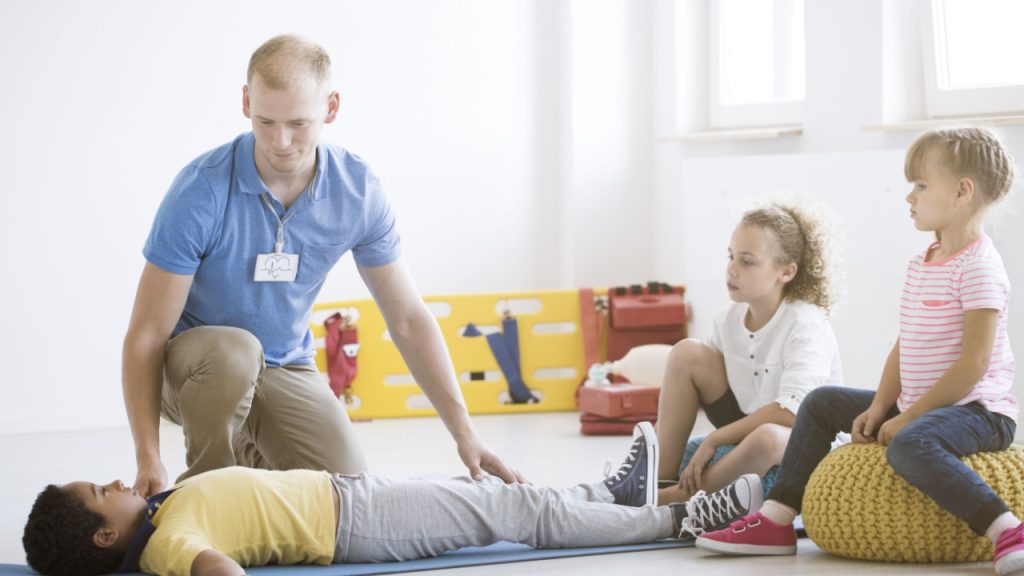
Knowing how to handle minor injuries and emergencies is invaluable. Teach your kids how to clean and bandage a cut, treat a burn, and recognize signs of more serious conditions. Show them how to call for emergency services and what information to provide. Practice scenarios to help them stay calm under pressure. This knowledge enables them to take care of themselves and help others in need.
Sew and Mend Clothes
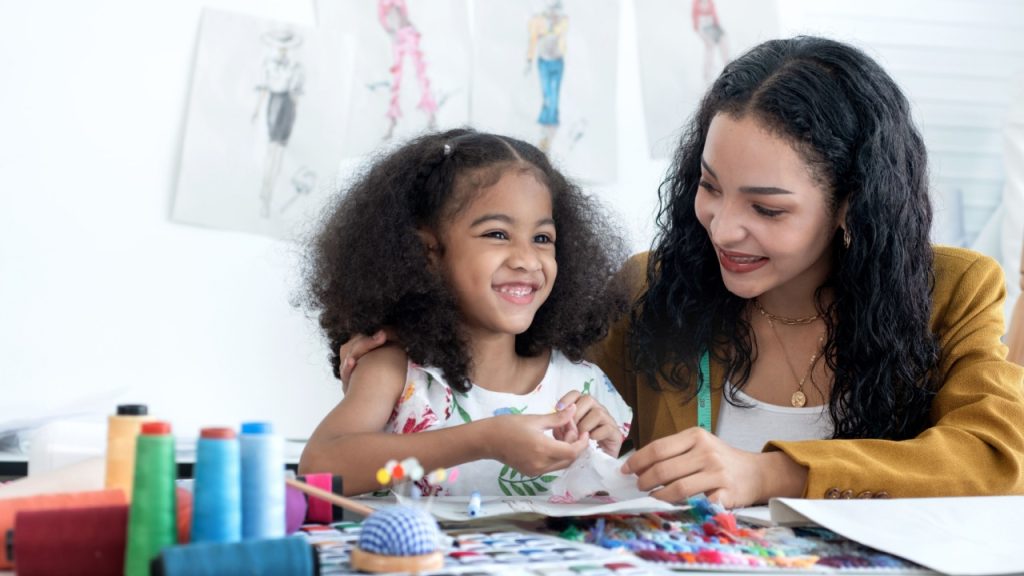
Basic sewing skills can save money and extend the life of clothing. Start with simple tasks like sewing on buttons or patching holes. Teach them how to use a needle and thread safely, and gradually introduce them to a sewing machine if possible. Show them how to hem pants or mend a torn seam. These skills encourage creativity and resourcefulness, and who knows? Maybe it’ll inspire your child to become a designer, a textile artist, or other fabric-based creative.
Navigate and Read Maps
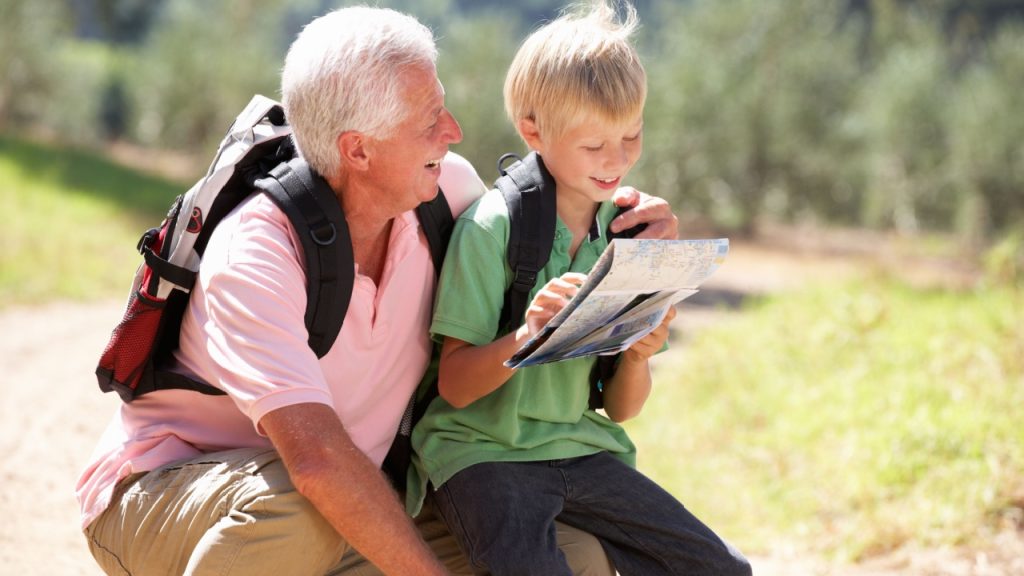
In our digital age, the ability to read a physical map and navigate without technology is still crucial. Teach your kids how to read different types of maps, understand map legends, and use a compass. Practice these skills on family hikes or road trips. Explain concepts like cardinal directions and how to estimate distances. This skill enhances spatial awareness and problem-solving abilities. Because yeah, we all have a phone or a smartwatch with GPS, but what happens if they’re out somewhere unfamiliar and their tech fails?
Basic Home Maintenance

Teaching kids how to perform simple home repairs and maintenance tasks is essential. Show them how to change a light bulb, unclog a drain, or fix a leaky faucet. Explain the importance of regular maintenance and how it can prevent bigger problems. Teach them to use basic tools safely and effectively. These skills save money on minor repairs and instill pride in maintaining their living space.
Time Management

Effective time management is a crucial life skill. Help your kids learn to prioritize tasks, set goals, and create schedules. Teach them to use tools like calendars and to-do lists. Show them how to break large tasks into smaller, manageable steps. Encourage them to balance work and leisure time. Good time management skills will help them be more productive, reduce stress, and achieve their goals more efficiently.
Effective Communication

Strong communication skills are essential in all aspects of life. Teach your kids how to express themselves clearly, both verbally and in writing. Help them develop active listening skills and understand the importance of nonverbal communication. Practice having respectful conversations and resolving conflicts peacefully. Encourage them to ask questions and voice their opinions confidently.
Basic Car Maintenance
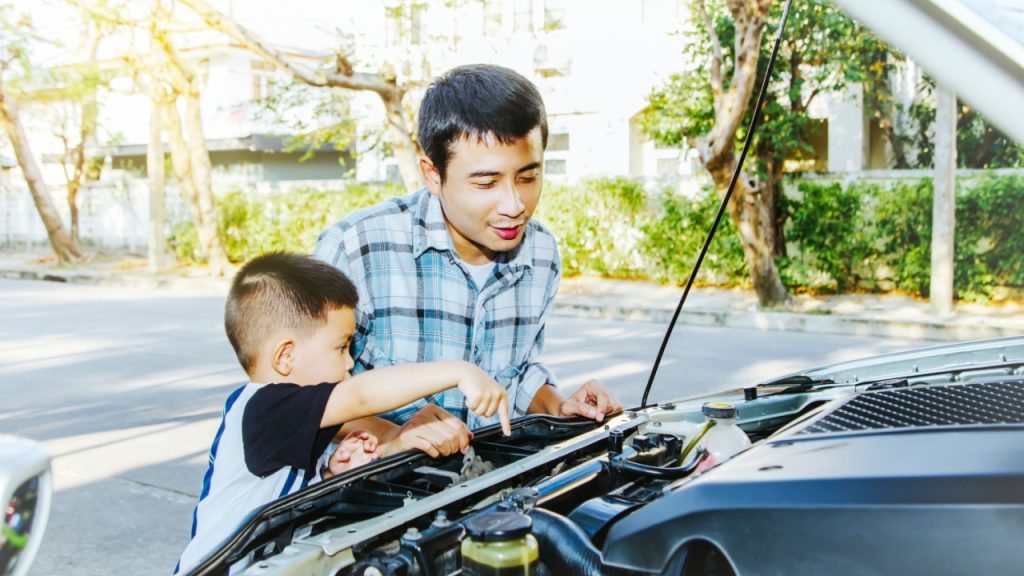
Understanding basic car maintenance can save money and prevent breakdowns. Teach your kids how to check and change oil, refill fluids, and change a tire. Explain the importance of regular maintenance and how to recognize warning signs of potential problems. Show them how to jump-start a car safely. These skills give them confidence on the road and help them take better care of their vehicles in the future.
Laundry and Clothing Care

Proper clothing care is an important life skill. Teach your kids how to sort laundry, use a washing machine and dryer, and understand care labels on clothing. Show them how to fold and store clothes properly to maintain their shape and quality. Explain the basics of ironing and removing common stains. These skills help them maintain their wardrobe and present themselves well in various situations.
Basic Self-Defense
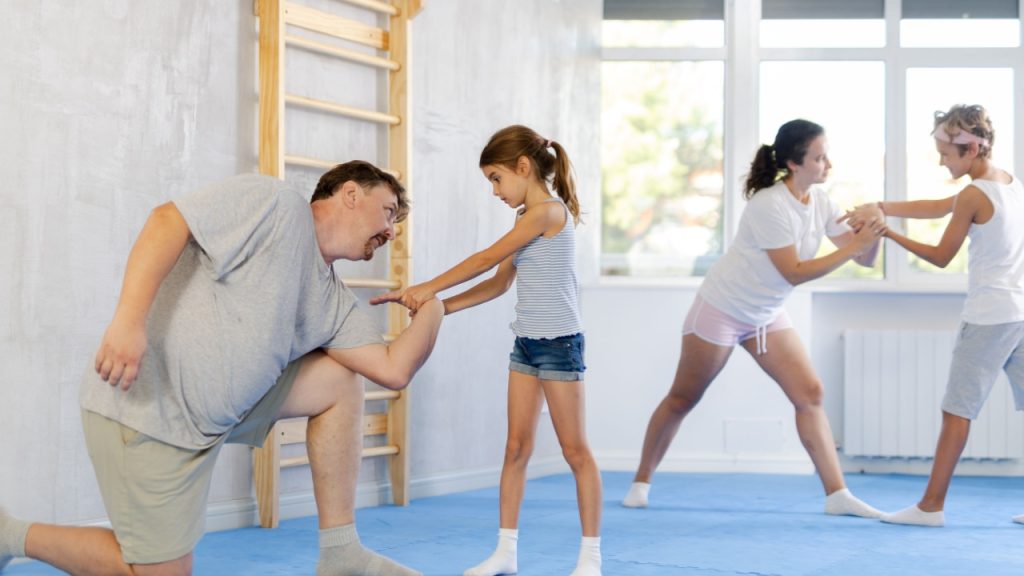
Teaching kids basic self-defense techniques can boost their confidence and keep them safe. Focus on awareness, avoidance, and simple physical techniques. Teach them to trust their instincts and recognize potentially dangerous situations. Show them how to use their voice as a powerful tool and when to seek help. Emphasize that self-defense is about staying safe, not fighting.
Outdoor Survival Skills
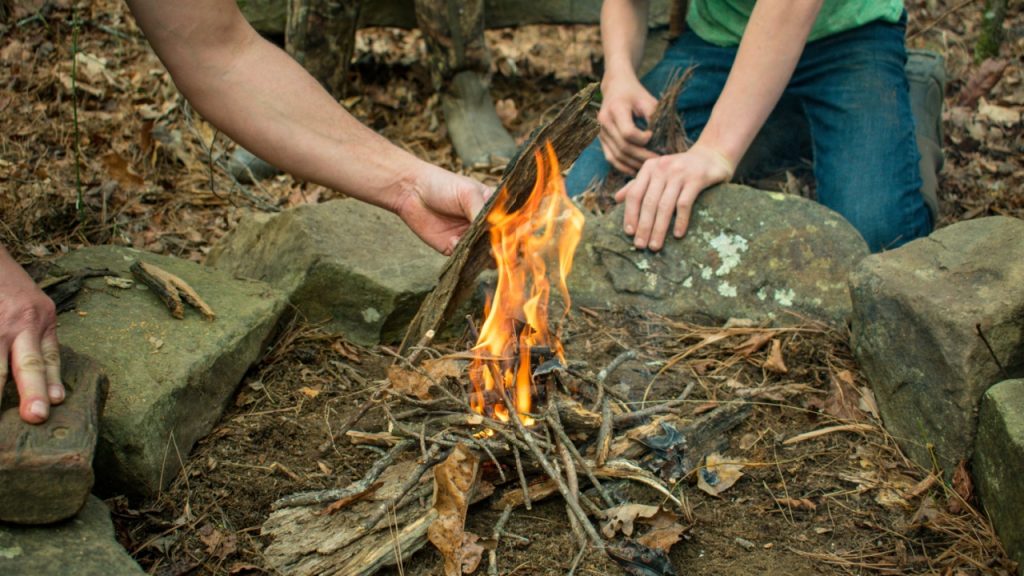
Basic outdoor survival skills can be lifesaving in emergency situations. Teach your kids how to build a shelter, start a fire safely, and find clean water. Show them how to use a map and compass, and identify edible plants in your area. Discuss basic first aid for outdoor injuries. Practice these skills during family camping trips or nature walks. These abilities promote self-reliance and foster a deeper connection with nature.
Basic Computer Skills

In our digital world, computer literacy is essential. Teach your kids how to use common software, navigate the internet safely, and practice good digital hygiene. Show them how to create and manage strong passwords, recognize phishing attempts, and protect their personal information online. Introduce basic coding concepts to develop problem-solving skills.
Emotional Intelligence

Emotional intelligence is key to personal and professional success. Help your kids recognize and manage their own emotions. Teach them empathy and how to understand others’ feelings. Show them healthy ways to express emotions and cope with stress. Practice active listening and conflict resolution skills. Emotional intelligence helps them build strong relationships, navigate social situations, and maintain good mental health.
Basic Carpentry

Simple carpentry skills can be incredibly useful. Teach your kids how to use basic tools safely, measure accurately, and make simple repairs. Start with easy projects like building a birdhouse or repairing a fence. Show them how to sand wood, hammer nails, and use a screwdriver effectively. These skills foster creativity, spatial awareness, and problem-solving abilities.
Food Preservation
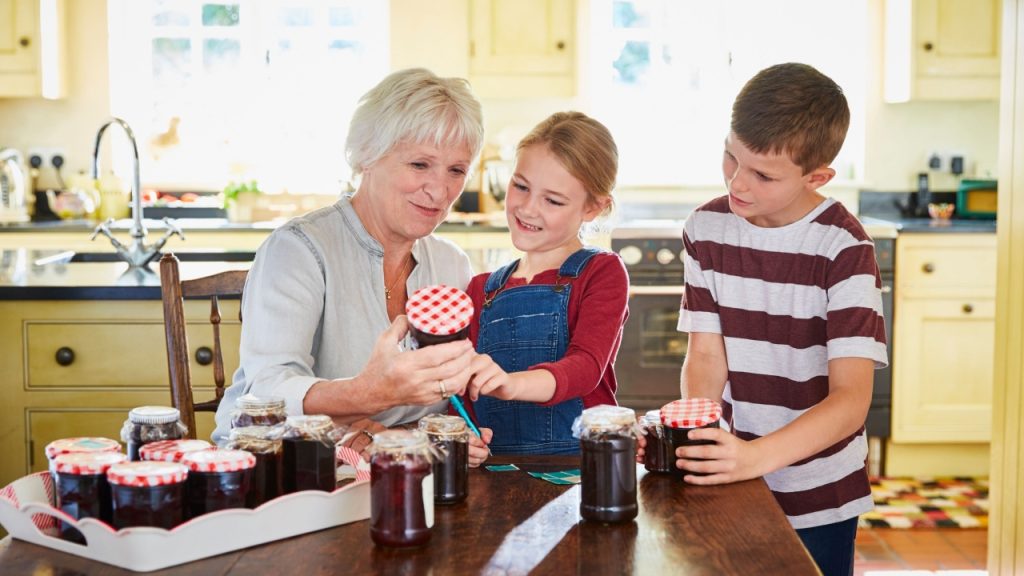
Expanding on gardening skills, teach your kids about food preservation. Show them how to can vegetables, make jams, or dry herbs. Explain the science behind these processes and the importance of food safety. Discuss the benefits of eating seasonally and locally. These skills promote self-sufficiency and connect kids to traditional practices and the cycles of nature.
Basic Plumbing
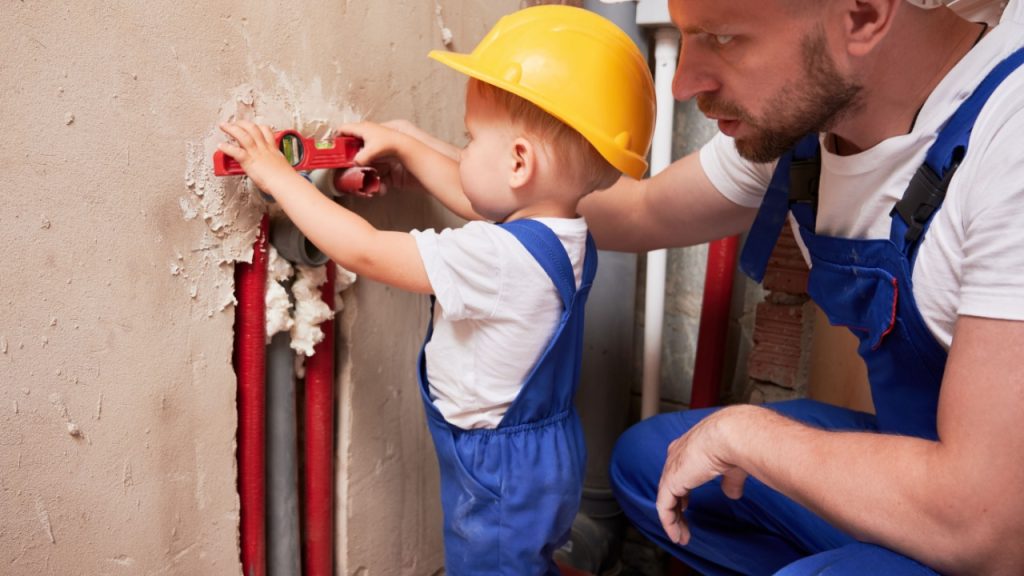
Simple plumbing skills can save money and prevent water damage. Teach your kids how to shut off the main water supply, fix a running toilet, or replace a showerhead. Show them how to use a plunger effectively and recognize signs of potential plumbing issues. Explain the importance of water conservation. Being capable of handling minor plumbing emergencies will give them confidence and keep their future homes in good condition.
Negotiation Skills

The ability to negotiate effectively is valuable in many aspects of life. Teach your kids how to express their needs clearly, listen to others’ perspectives, and find mutually beneficial solutions. Practice role-playing different scenarios, from asking for a raise to resolving conflicts with friends. Show them how to prepare for negotiations and remain calm under pressure. These abilities will help them advocate for themselves and navigate complex social and professional situations with ease.
Basic Electronics

Understanding basic electronics can be both practical and inspiring. Teach your kids about electrical safety first. Then, show them how to change batteries, reset circuit breakers, and understand simple circuits. Start with fun projects like making a simple LED light or a basic motor. Explain concepts like voltage and current in simple terms. Gaining this knowledge can spark an interest in STEM fields and help them troubleshoot common household electronic issues.
Mindfulness and Stress Management

In our fast-paced world, the ability to manage stress is crucial. Teach your kids simple mindfulness techniques like deep breathing or guided imagery. Show them how to recognize signs of stress in their bodies and minds. Introduce them to activities like yoga or meditation. Discuss healthy coping mechanisms for dealing with difficult emotions. Mastering these techniques will help them maintain mental and emotional balance throughout their lives.
Katy Willis is a writer, master herbalist, master gardener, and certified canine nutritionist who has been writing since 2002. She’s finds joy in learning new and interesting things, and finds history, science, and nature endlessly fascinating.
